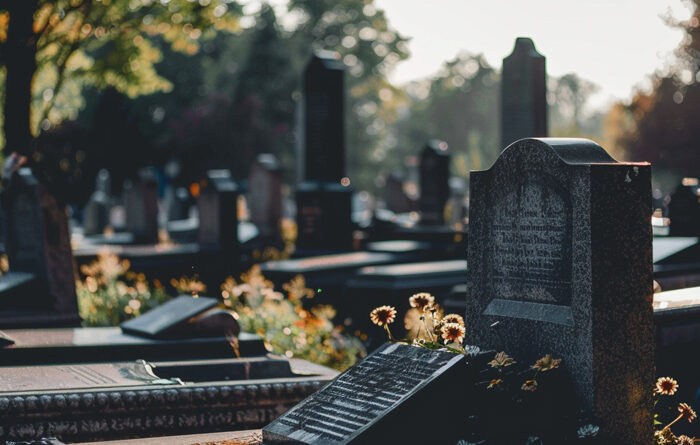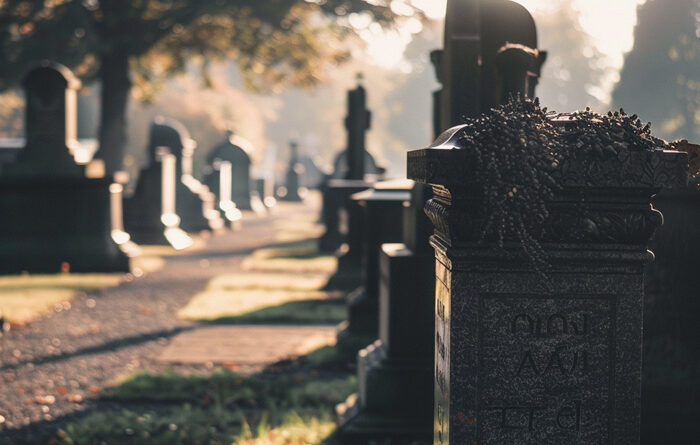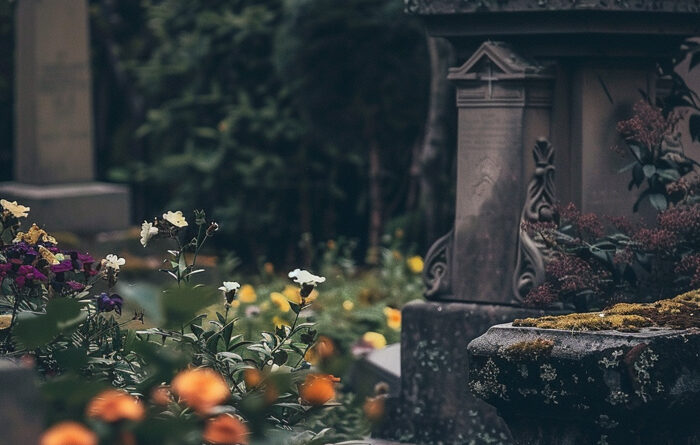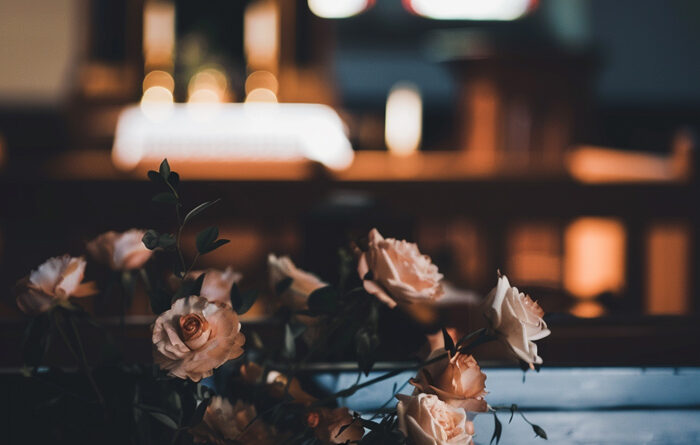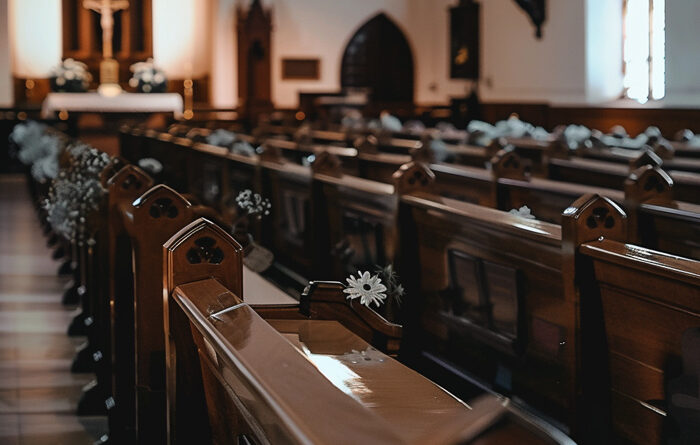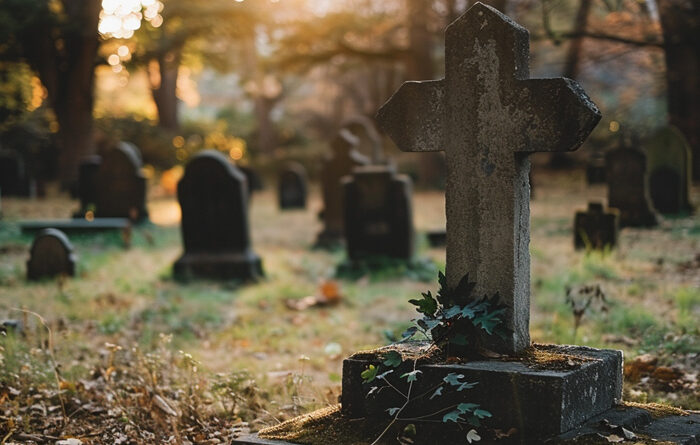
Introduction to Buddhist Funeral Services and Traditions
The ceremonial rites and the manner in which the departed are honored can significantly differ across cultures, and the Buddhist faith has its own set of customs and practices. Particularly in Miami, where cultural diversity flourishes, Buddhist funeral services and traditions maintain a spiritual solemnity. This detailed examination offers insight into the traditional Buddhist funeral services and how they are observed within the vibrant city of Miami.
Buddhist Funeral Rites
In Buddhist tradition, death is not considered an end but rather a transition to a next life, following the principles of reincarnation. This fundamental belief shapes the approach to funerary customs. The focus is on providing a peaceful and thoughtful environment that allows for the departed soul’s successful passage to the next life. A Buddhist funeral typically happens within a week of death and opens with a service that includes chanting led by monks and an offering of gifts which symbolize generosity and good karma for the deceased one.
In Miami’s melting pot, these services are often conducted at a temple, but they can also take place in a funeral home that accommodates the necessary rites. The temples in Miami offer a serene setting for followers to pay their respects, providing an environment for meditation and reflection. Families often invite the community to join in the observance, honoring the life of their loved one with prayers and offerings.
The Role of Monks and Chanting
The presence of Buddhist monks is integral to the performance of the funeral rites. Monks impart the teachings of Buddha, chant sutras or Buddhist scriptures, and lead meditations to invoke merits for the deceased. These rites give solace to both the living and afford spiritual support to the soul in its journey ahead. The chants conducted in Pali—the sacred language of Theravada Buddhism—are a significant feature of the funeral, contributing to the karmic well-being of the departed.
Many families in Miami seek the support of monks from local temples to guide these services. These monks accommodate requests, facilitating the opportunity for the family to participate in the ceremony through chanting, praying, and making offerings according to the traditional practices.
Funeral Customs and Participation
The aesthetic elements of a Buddhist funeral in Miami might include a simple altar adorned with a photograph of the deceased, candles, incense, flowers, and fruits. White is typically worn by the mourners, representing mourning and purity, while the body is usually dressed in everyday clothes, emphasizing the Buddhist teaching of the impermanence of life.
Before cremation or burial, which is decided according to the individual’s wishes or family traditions, the body is often visited by family members, friends, and acquaintances. During the visitation period, attendees may recite prayers or meditations to express their condolences and support for the deceased’s family. The funeral concludes with the final farewell ceremony, where last respects are paid before the body is cremated or interred.
Interment and Memorial Services
The choice between burial and cremation depends on personal or familial customs. However, in Buddhism, neither method is considered superior, as both serve as a reminder of the transient nature of life. In Miami, where space can be limited, cremation is a common practice. Post-cremation, ashes may be kept, scattered, or interred in a columbarium at the local temple or cemetery.
Following the initial funeral services, it is common to hold additional memorial services on the third, seventh, forty-ninth, and one hundredth day after death. These ceremonies serve to honor the memory of the deceased while providing further opportunities for merit-making on behalf of the departed soul.
Miami’s Approach to Buddhist Funerals
Funeral homes in Miami that are experienced in Buddhist funerary traditions play an essential role in ensuring the proceedings reflect the spiritual requirements of the family while respecting the local laws and customs. They often collaborate closely with Buddhist temples and community leaders to facilitate ceremonies that are both meaningful and culturally accurate.
Part of what makes Miami’s approach to these services distinct is its capability to blend the traditional with the diverse, allowing for individual preferences within the Buddhist framework. This enables the city to accommodate a wide spectrum of Buddhist traditions, including those from the Theravada, Mahayana, and Vajrayana branches. Moreover, bilingual services are often available to cater to both English-speaking and non-English-speaking attendees, affirming Miami’s commitment to inclusivity and respect for different cultures.
Adapting Traditions in a Modern Metropolis
While Miami presents a contemporary backdrop, the immutable core of Buddhist funeral traditions remains intact. The city’s dynamic demographic does mean, however, that traditional customs are sometimes adapted to fit modern practicalities and individual family needs.
Beyond the formal funeral rites, the broader Miami community often extends support through gatherings that celebrate the life and legacy of the individual. These gatherings may occur in places of worship, community centers, or private homes, reflecting the hospitable spirit of the city and its people.
Conclusion
Buddhist funeral services and traditions in Miami are carried out with a reverence that acknowledges both the solemnity of death and the hope for spiritual continuity. Whether in the chant of a monk, the fragrance of incense, or the shared silence among attendees, these services aim to provide peace to the deceased and comfort to the bereaved. As seen in Miami, the adaptability of these age-old customs to the contemporary environment underlines Buddhism’s timeless relevance and the enduring significance of its funeral practices. In a world that is in constant flux, the preservation, respect, and adaptation of these traditions are a testament to the city’s capacity for spiritual accommodation and cultural harmony.
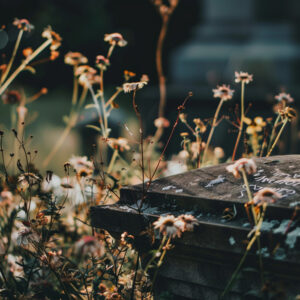
What are the primary components of a Buddhist funeral service in Miami?
A Buddhist funeral service in Miami typically consists of several key components, including chanting led by monks or laypeople, offerings such as candles and incense, meditation, and a sermon reflecting on the impermanence of life. Additionally, there may be a viewing or visitation period where attendees can pay their final respects to the deceased, followed by the actual funeral ceremony, the cremation or burial, and often a memorial service after the funeral rites.
How long do Buddhist funeral services last in Miami?
The length of Buddhist funeral services in Miami can vary based on the tradition and the preferences of the family. Typically, they may last from 45 minutes to 2 hours for the ceremony itself. However, the entire duration of the funeral proceedings might extend to include additional rituals over several days, with the wake or visitation one day followed by the actual funeral and burial or cremation the next day.
Are there specific rituals to follow for Buddhist funerals in Miami?
Yes, there are specific rituals associated with Buddhist funerals in Miami which often reflect the cultural traditions of the deceased’s heritage. These rituals might include offerings of food and drink to the deceased, chanting passages from Buddhist scripture, and merit-making activities such as giving donations on behalf of the deceased. Mourners may also participate in a final circumambulation around the casket while holding a flower or incense as a sign of respect. It is important for individuals to consult with their specific Buddhist community or a knowledgeable monk to ensure the rituals are conducted according to their traditions.

